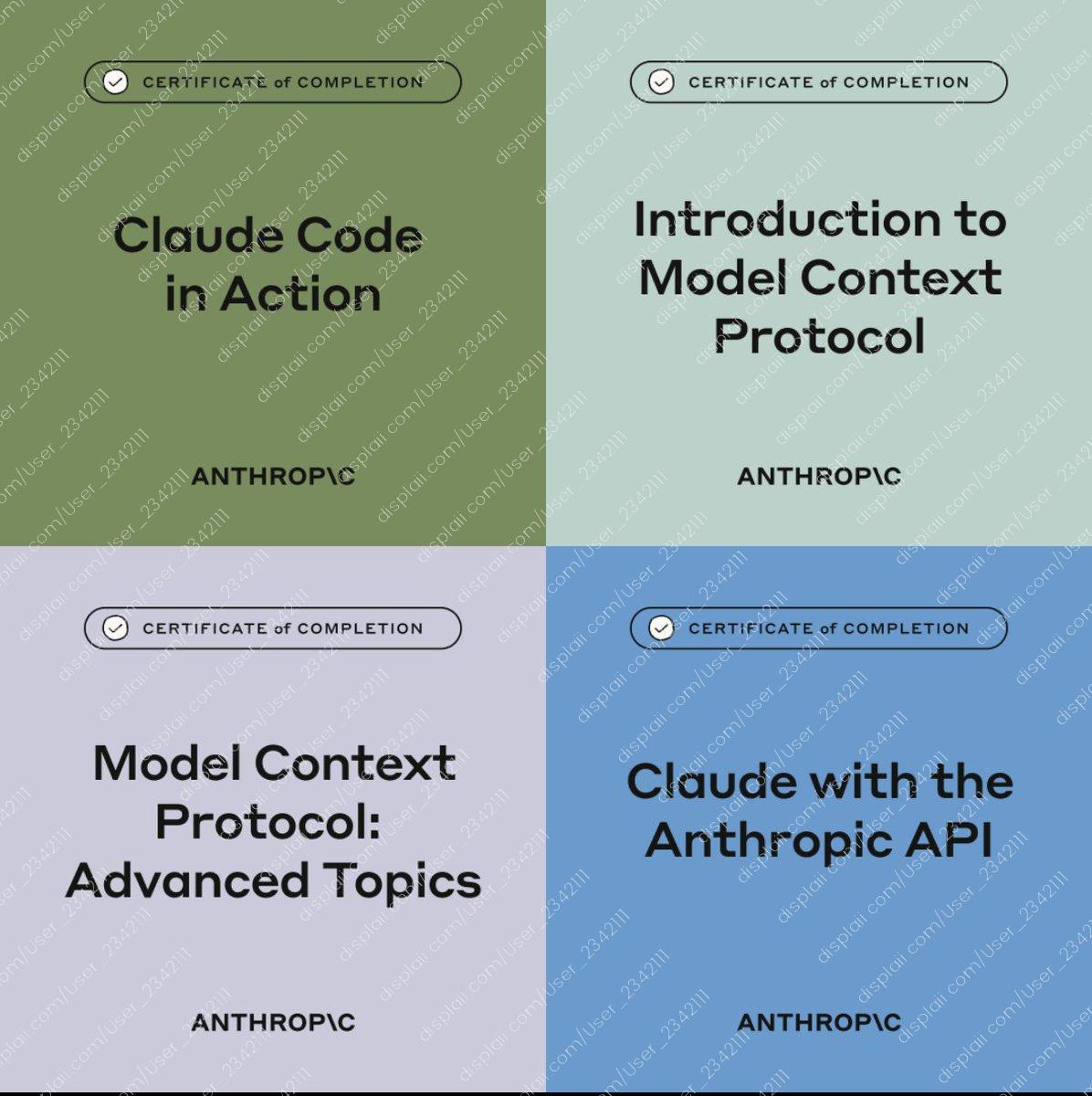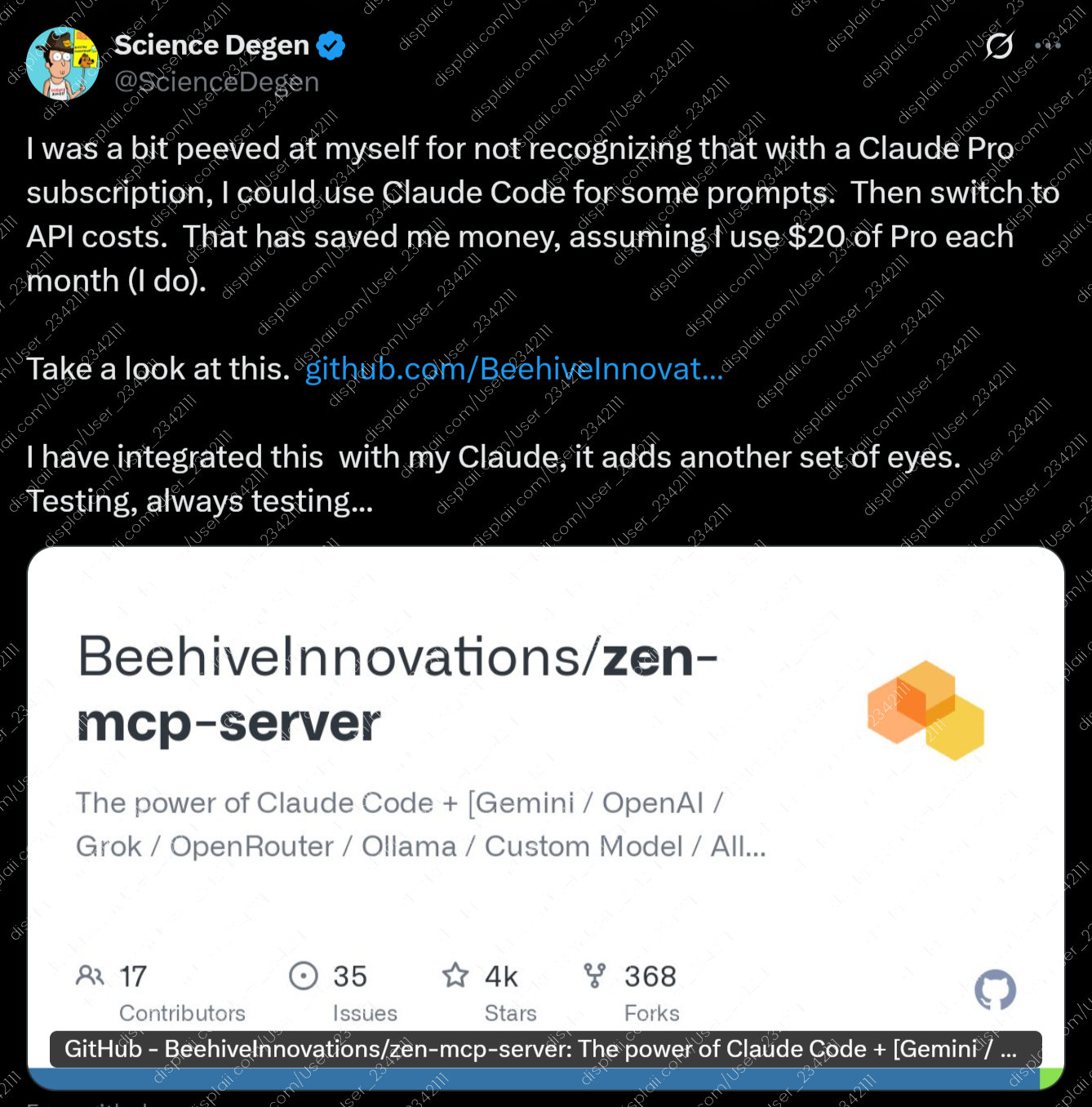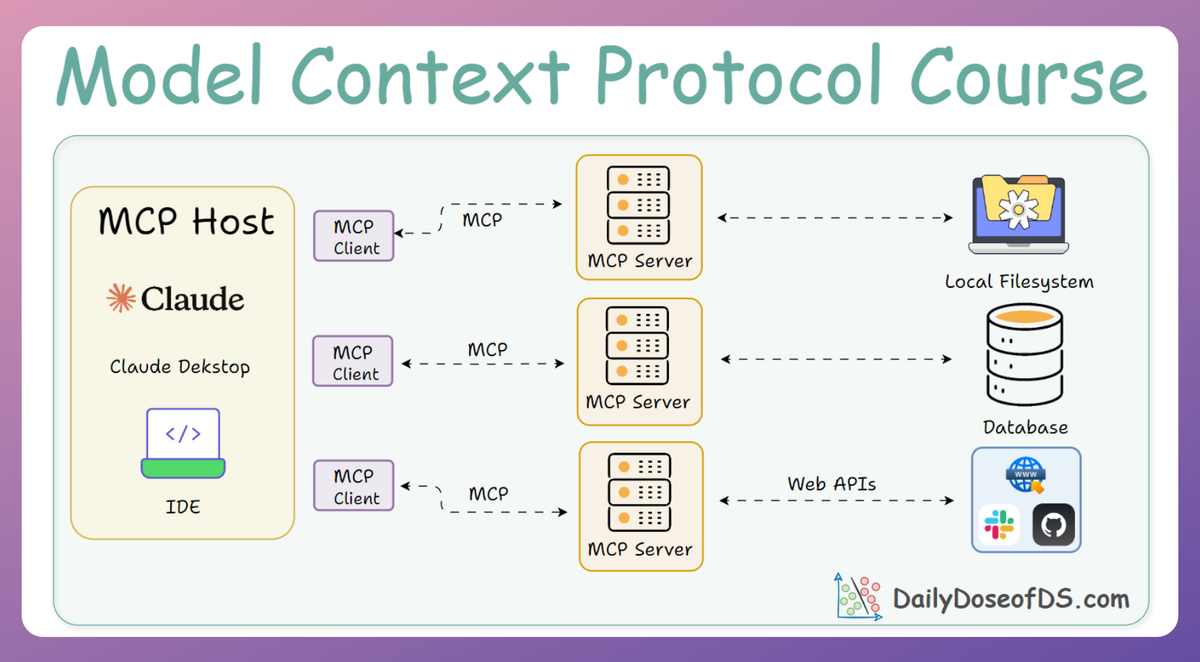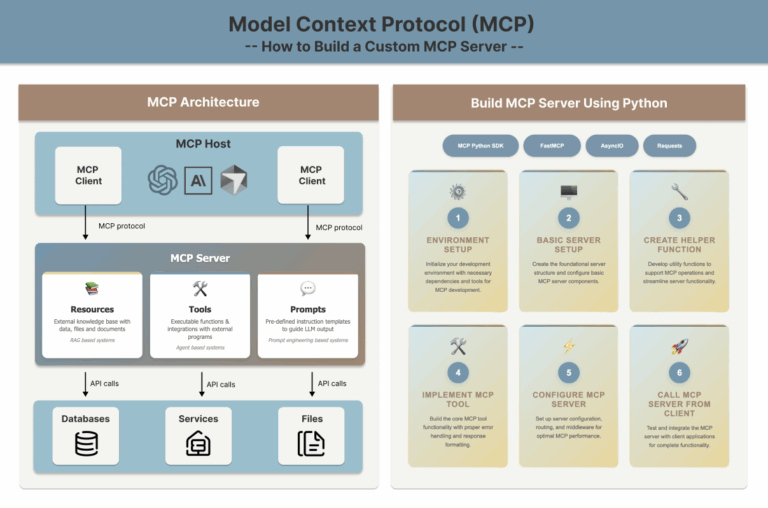MarkItDown - Make any document AI friendly (by microsoft)
MarkItDown is a Python utility designed for converting various file types—including PDFs, Word documents, and images—into Markdown format, emphasizing compatibility with Large Language Models (LLMs) for text analysis. This tool supports a wide range of formats while maintaining essential document structures, as well as integrating seamlessly with existing LLM applications through its Model Context Protocol (MCP). Recent updates introduced breaking changes that require users to adapt their implementations, particularly concerning file handling and dependencies.
https://github.com/microsoft/markitdown
Someone created a pallatform for this here:
https://markitdown.pro/
#MarkItDown #Microsoft #Python #LLM #LargeLanguageModels #Markdown #DocumentConversion #AI #TextAnalysis #ModelContextProtocol #PDFtoMarkdown #WordtoMarkdown #Imagetomarkdown #markitdownpro #Langchain #LlamaIndex #DataConnectors #AIworkflows
MarkItDown is a Python utility designed for converting various file types—including PDFs, Word documents, and images—into Markdown format, emphasizing compatibility with Large Language Models (LLMs) for text analysis. This tool supports a wide range of formats while maintaining essential document structures, as well as integrating seamlessly with existing LLM applications through its Model Context Protocol (MCP). Recent updates introduced breaking changes that require users to adapt their implementations, particularly concerning file handling and dependencies.
https://github.com/microsoft/markitdown
Someone created a pallatform for this here:
https://markitdown.pro/
#MarkItDown #Microsoft #Python #LLM #LargeLanguageModels #Markdown #DocumentConversion #AI #TextAnalysis #ModelContextProtocol #PDFtoMarkdown #WordtoMarkdown #Imagetomarkdown #markitdownpro #Langchain #LlamaIndex #DataConnectors #AIworkflows
MarkItDown - Make any document AI friendly (by microsoft)
MarkItDown is a Python utility designed for converting various file types—including PDFs, Word documents, and images—into Markdown format, emphasizing compatibility with Large Language Models (LLMs) for text analysis. This tool supports a wide range of formats while maintaining essential document structures, as well as integrating seamlessly with existing LLM applications through its Model Context Protocol (MCP). Recent updates introduced breaking changes that require users to adapt their implementations, particularly concerning file handling and dependencies.
https://github.com/microsoft/markitdown
Someone created a pallatform for this here:
https://markitdown.pro/
#MarkItDown #Microsoft #Python #LLM #LargeLanguageModels #Markdown #DocumentConversion #AI #TextAnalysis #ModelContextProtocol #PDFtoMarkdown #WordtoMarkdown #Imagetomarkdown #markitdownpro #Langchain #LlamaIndex #DataConnectors #AIworkflows
0 Comments
·0 Shares
·138 Views











